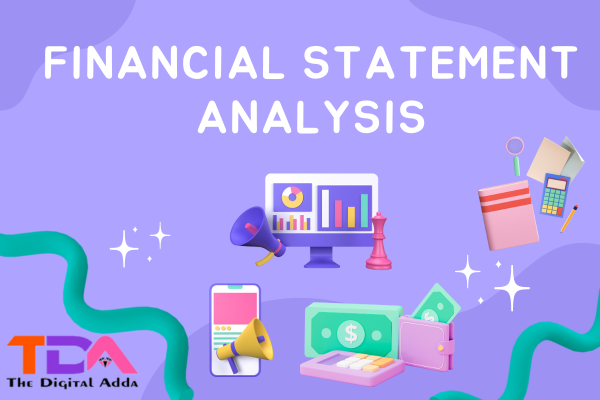Financial Statement Analysis Certification
Financial Statement Analysis Certification is a professional credential designed to validate an individual’s expertise in analyzing financial statements to assess a company’s financial health, performance, and valuation. This certification provides knowledge and skills in various areas such as:
- Understanding Financial Statements: Income statement, balance sheet, and cash flow statement.
- Financial Ratios and Metrics: Liquidity ratios, profitability ratios, solvency ratios, and efficiency ratios.
- Trend Analysis: Identifying patterns and trends over time in financial data.
- Comparative Analysis: Comparing financial statements of different companies or periods.
- Valuation Techniques: Methods to determine the value of a company based on its financial statements.
- Cash Flow Analysis: Assessing cash flow from operations, investing, and financing activities.
- Earnings Quality: Evaluating the sustainability and reliability of reported earnings.
Key Components
- Coursework and Exams: Comprehensive coursework covering financial statement analysis and examinations to test the knowledge.
- Practical Application: Case studies and projects to apply theoretical knowledge in real-world scenarios.
- Continuous Education: Ongoing education requirements to keep up with industry changes and updates in accounting standards.
Where It Is Used
Investment and Finance
- Investment Banking: Analysts use financial statement analysis to evaluate companies for mergers, acquisitions, and other financial transactions.
- Equity Research: Equity analysts assess the financial health and performance of companies to make buy, hold, or sell recommendations.
- Portfolio Management: Portfolio managers use financial statement analysis to make informed investment decisions and manage risks.
Corporate Finance
- Financial Planning and Analysis (FP&A): Professionals in this area use financial statement analysis for budgeting, forecasting, and strategic planning.
- Credit Analysis: Credit analysts assess the creditworthiness of companies by analyzing their financial statements.
- Treasury Management: Treasury departments use financial statement analysis to manage liquidity, funding, and financial risks.
Accounting and Auditing
- External Auditors: Use financial statement analysis to audit and verify the accuracy of financial reports.
- Internal Auditors: Analyze financial statements to ensure internal controls and compliance with regulations.
- Accountants: Use financial statement analysis to prepare and interpret financial reports for management.
Consulting and Advisory
- Management Consultants: Use financial statement analysis to advise clients on financial strategy, performance improvement, and operational efficiency.
- Valuation Experts: Determine the value of companies or assets for transactions, litigation, or financial reporting purposes.
Education and Research
- Academia: Professors and educators teach financial statement analysis to students in finance, accounting, and business programs.
- Financial Research: Researchers analyze financial statements to study market trends, economic conditions, and company performance.
Popular Certification Programs
- Certified Public Accountant (CPA): Includes significant content on financial statement analysis.
- Chartered Financial Analyst (CFA): Comprehensive coverage of financial statement analysis as part of the curriculum.
- Certified Management Accountant (CMA): Focuses on financial planning, analysis, and decision support, including financial statement analysis.
- Financial Modeling and Valuation Analyst (FMVA): Offered by the Corporate Finance Institute (CFI), focusing on financial analysis, modeling, and valuation.
